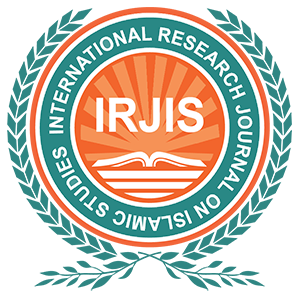ABSTRACT
The research article delves into the crucial theme of fidelity within official portfolios, drawing insightful parallels from Prophet Muhammad’s (SAWS) life. His exemplary life serves as a beacon for individuals in public office. The Prophet’s era showcased a meticulous selection process, appointing the most qualified individuals to key positions, as he held the chief administrator role. In this context, Islam places a high premium on fidelity, intertwining it with responsible conduct. Central to Islamic principles is fidelity as a cornerstone of posts and positions, tethered to ethical behavior. This encompasses Islam’s affirmation of the rights of those in positions of authority, extending these rights to individuals across all echelons of society. An essential facet of assuming governmental roles is the solemn oath sworn to the nation and institution. More than a mere formality, this oath embodies a profound commitment, a pledge to execute official duties with unwavering integrity, underpinned by the presence of the Divine as a witness. Tragically, instances of breach of faith occur when officers and managers abuse their roles, betraying their promises to both the institution and the state. From the inception of his teachings, the Holy Prophet (SAWS) dedicated himself to cultivating a society conducive to developing mankind’s positive and constructive attributes. His vision sought to empower individuals to comprehend their life’s purpose and harmonize their responsibilities. Against this backdrop, the paper accentuates the paramount significance of honesty for government officials, illuminated by the radiant teachings of the Prophet. The abstract encapsulates the essence of the research—shedding light on the essential link between fidelity, official duties, and prophetic guidance.
Keywords: Public Posts, Fidelity, Rights, Duties, Islam

